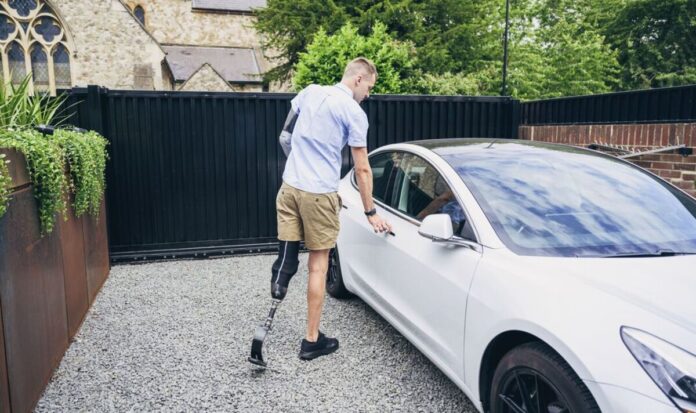Figures show the number of electric cars being sold to private owners is falling (Image: Getty) The UK’s electric car uptake has stalled after figures revealed that private sales had plummeted by 11 percent. Figures from the Society of Motor Manufacturers and Traders (SMMT) said that drivers were holding back from switching to electric cars because of several factors. They said motorists were worried about whether a new ban on the sale of petrol and diesel cars would be enforced, the cost of electric cars, and fears about the public charging network. In the past, ministers had said the rising sales of electric cars had shown the UK was moving from the early adopter stage to mass market ownership of electric vehicles. The charging network was one of the concerns noted by drivers (Image: Getty) However, the new figures show there is growing uncertainty among the British public about whether electric cars are the right way to go. Figures show that the number of private electric car owners has fallen from more than one in three to less than one in four in just a year. In the first half of 2023, 37,000 new electric cars were registered to private drivers, down from 41,800 in the first half of 2022. While the number of new private owners is falling, the vast majority of new electric car registrations were with fleets and business owners. The number of new private electric car owners has fallen (Image: Getty) These companies can take advantage of salary sacrifice schemes and company car tax breaks. The drop in private ownership comes at the same time as the removal of the plug-in car grant that provided a discount on the purchase of a new electric car. This acted as an incentive for people to sell their petrol or diesel cars because it meant they received money off a brand-new car. In a report by the SMMT, they warned about the impact of removing these incentives. Some people aren’t sure whether the UK’s 2030 ban will go ahead (Image: Getty) They said: ‘A faster and fairer mass transition [to zero-emission vehicles] is threatened by the absence of support for private buyers, many of whom plan to go electric but are delaying due to concerns over affordability and uncertainty regarding the availability of a charging network.’ Chief executive of the SMMT, Mike Hawes, told the Times : ‘We are ready to move from the ‘early adopter’ to the mass adoption stage of electric vehicles but there needs to be incentives for the private buyer that match the fleet buyer.’ Mr Hawes added: ‘With a new – and still to be finalised – Zero Emission Vehicle Mandate due to revolutionise the market in just over 100 days, supply must be matched by demand. ‘A comprehensive package of measures would encourage households across the UK to go electric now, boosting an industry slowly recovering from the pandemic and delivering benefits for the Exchequer, society, and the global environment.’ This follows a recent report by Autotrader which found just under half, 47 percent, of the UK’s drivers, were willing to embrace electric cars. Director of Autotrader, Ian Plummer, said: ‘Of increasing concern is consumer concerns around battery life in used EVs. ‘Largely driven by misinformation in the media, we now see that battery longevity is the number one barrier preventing consumers from considering an EV, with 61 percent needing to know that the battery will last before considering an EV as their next vehicle. ‘Without actions to address these issues and ensure we make the transition to electric fair for all, we risk leaving a majority of drivers behind on the road to 2030.’
29 August, Thursday, 2024


